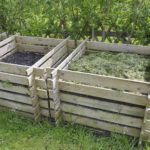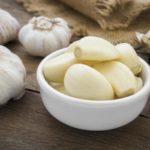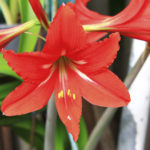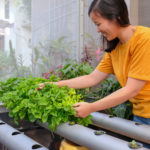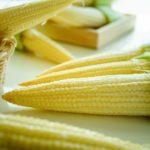How Does Your Garden Grow?
I want to grow an organic garden this summer. Are there natural pesticides that you can recommend?
Andrew Weil, M.D. | May 14, 2002
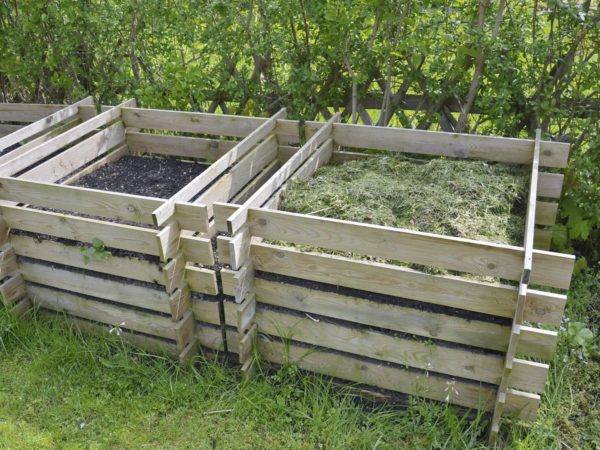
My organic garden gives me much pleasure, and I hope that you will enjoy yours, too. Bear in mind that you’ll have fewer problems with pests if you grow strong, healthy plants that are naturally resistant. This requires improving the soil, which is best done by making your own compost with kitchen vegetable waste and garden clippings. Use only vegetable scraps to keep the compost odor-free and pest-free. You can add cow or horse manure (not cat or dog manure which can harbor harmful bacteria).
To discourage pests I use nontoxic products containing pyrethrum or neem. Pyrethrum is a mixture of insecticidal compounds found in types of African chrysanthemums that controls aphids, whiteflies, stinkbugs, and mites. You should be able to find pyrethrum products in your local garden center. (Some will say they contain pyrethrins.) Check labels carefully to make sure you choose the product intended for the crops you’re growing or the pests you’re trying to eliminate. Neem comes from the seeds and leaves of an Indian tree, Azadirachta indica. The compounds it contains (such as azadirachtin) act as insect repellents. Neem is non-toxic to animals and humans and is beneficial to bees and, while these products are somewhat more expensive than most synthetic pesticides, they pay off in the long run.
In addition to pesticides, consider adding beneficial insects such as ladybugs and praying mantis in your garden (sold at garden centers). Ask about soap you can spray on plants to kill insects. And you can always pick insects off mechanically or wash them off with foreceful streams of water. Another possibility — local ordinances permitting — is to install some chickens which will eat certain pests.
You’ll do best if you grow vegetables, herbs, and flowers that are native to your area. You should be able to get this kind of information at your local garden center. While you’re there, ask about knowledgeable veterans of organic gardening and farming in your area. Organic Gardening magazine and its Web site www.organicgardening.com are also good sources of information. You can find even more information and links to organic gardening Web sites at www.gardenguides.com.
Good luck and enjoy your garden!
Andrew Weil, M.D.


